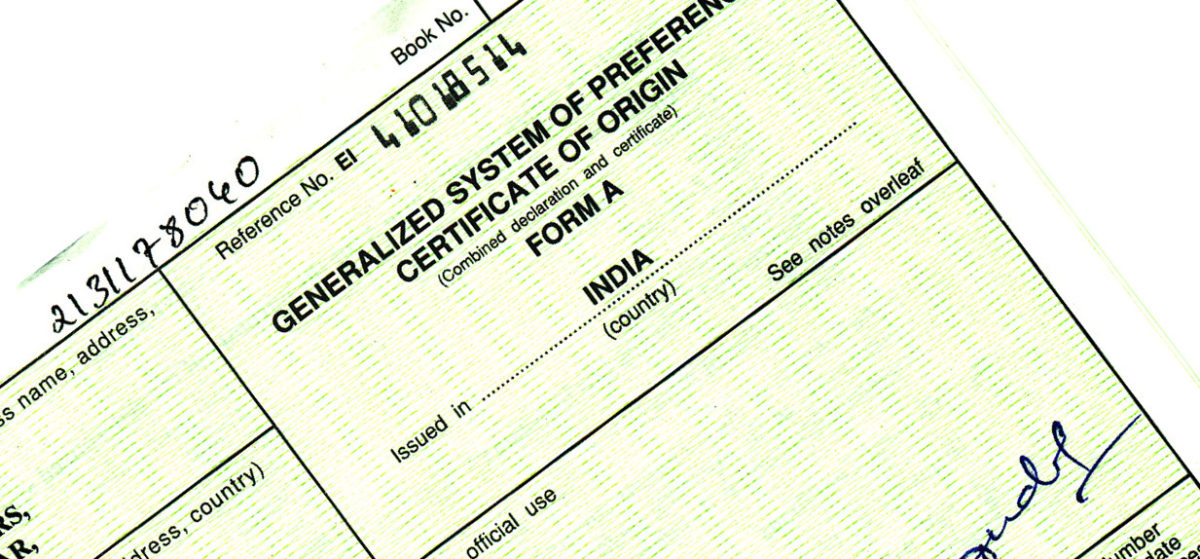The wood species mentioned above are referring to the Sixteenth meeting of the Conference of the Parties as of 12 June 2013 recorded in Appendix II of CITES.
Unlike Brazilian Rosewood, which is listed in Appendix I, the provisions in Appendix II are not quite as strict. For example, the woods may be imported or exported under certain conditions outside the European Union.
Consequences for the luthier
The trade of these woods within the European Union now requires an export permit. Trading of course includes the sale of guitars built or partly built of these woods.
Classical Guitar made of Madagascar Rosewood
For old stock (acquired prior to 12/06/2013) the guitar maker must provide proof to the authorities. There must be a written declaration including a copy of the invoice, photos of the inventory and naming the campsite. Then the authorities shall issue a certificate of the registration.
From now on the guitar builder must, as already described in our article on Brazilian Rosewood, keep records on outgoing quantities of wood.
What buyers need to consider
Unlike Brazilian Rosewood, when buying a guitar from Thai Rosewood, Cocobolo, Granadillo, Honduras, Madagascar Rosewood or Madagascar Ebony, the guitar player needs no so-called CITES (the form which proofs the registration of the woods).
However, make sure that you get written proof when purchasing a guitar made of the mentioned timber. This can be done by an additional text in the invoice, such as:
The wood used for this guitar of type "xxx " quantity: "xxx" is of my registered ("name of autorities") old stock ( acquired before 12/06/2013 ).
If you purchase your guitar from a dealer, the invoice should contain a similar note that names the origin of the used wood.
Our classic top model Evolution M is made of certified Madagascar Rosewood.


